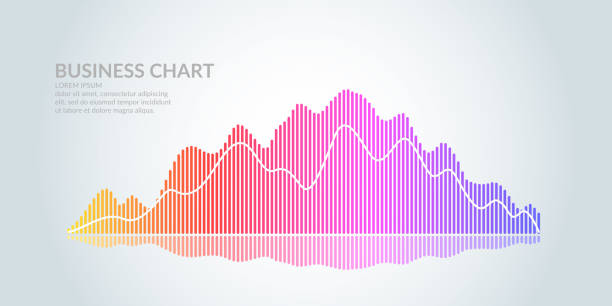The story of the struggling musician is a familiar one. Whether working hard as an independent musicians or selling their soul to make ends meet, making money from music can be difficult. It’s possible. It is very achievable.
You can find many revenue streams if you are willing to try out a few different side hustles. Why not earn money with your music and expertise?
How to earn money with your music
You may have wondered, as an aspiring musician (or someone who wants to create a band), where the majority of revenue for an artist comes from. How can musicians build a stable career through their music?
Ten revenue streams will make up most of an artist’s income
Streaming RoyaltiesStart with the easiest way to earn money through your music: by releasing it online to all major music platforms. Spotify, Apple Music, and other platforms such as Deezer and Tidal.
Although you may not see huge revenue immediately, streaming sales can increase over the years. This is especially true as your number of followers and monthly listeners increases. This makes streaming a regular source of revenue, whether you’re a new artist or an old one.
How?
Streaming royalties. You are owed money whenever you stream or download your music on a digital platform.
Calculate how much you could earn by streaming Spotify with our Spotify Pay-per-Stream Calculator!
Ditto will ensure that your music is distributed to all major music platforms and digital stores and ensure you get 100% of the streaming royalties owed. Ditto’s dashboard allows you to access streaming analytics and insights to see which platforms generate the most revenue.
Try it out for 30 days with the 30-day free trial.
Streaming is a great way if you are a recording musician, composer, or music producer and want to monetize music over the long term.
Your music can be distributed online to help listeners discover you and your music. If they like what you’ve done, they may even buy tickets to your show or other merchandise from your website. It’s a full circle, eh?
Music Publishing
Music publishing royalties are one of the main sources of income that independent musicians have.
Understanding the music publishing industry can be difficult. It’s important to understand how music publishing works to ensure you get all the royalties owed to you as a musician.
Here’s (VERY) a brief overview.
Music compositions and recordings are intellectual property that comes with rights. This means that organizations (such as radio stations, streaming websites, and venues) must purchase an annual license to use the property.
Two (main) types of royalties are distributed from this license;
Mechanical Royalties Money is owed to you when a song has been streamed, downloaded, or reproduced on a CD/Vinyl.
– Royalties – Money owed when a song is played on radio, television, at a concert, on stage, or in any public place.
As the owner of the work, the artist is usually entitled to these royalties.
Even if registered with an agency that collects music royalties, managing and collecting royalties can be difficult and time-consuming.
There’s good news!
Ditto Music Publishing will do the work for you. Ditto Music Publishing only takes 10% of the royalties collected. You keep the rest. You won’t find a better deal in the music industry.
Working with Ditto Publishing means that we can pitch music for sync agreements. This will result in even more opportunities to earn royalties. But more about this later!
Merchandise
As a young musician, selling your products is a great income generation.
If you know how to get it, you can make merch very cheaply. You can use the money to offset concert travel costs and/or venue rental if you sell merchandise at live concerts or gigs.
You don’t need to limit your merchandise to clothing. You can sell various items, from posters, mugs, phone cases, and bottle openers.
Offering various products will help you create different price levels for your merchandise. Okay, so maybe not everyone can afford a $20 tour shirt. They’ll more than likely be able to afford a $5 keyring. These $5 bills add up.
When should you consider investing in merchandise?
Once you have a fan base and are playing regular sets or shows, you should invest in merchandise. This is where the bulk of your sales will come from. You can also use a store like Shopify or your website to sell merchandise.
Remember to wear your business hat when it comes to selling merch. Keep track of your stock and keep up to date with payments so that you are always well-stocked for the next big show.
Touring and Live Shows
The world is open again! (Hooray!) Live music and performances are a major source of income for musicians.
You can earn money from a live performance in a variety of ways.
Tickets for sale
The Door Fees
Payment by the promoter or venue owner (if this is a paid event)
You can charge your fans to see you perform once you have established yourself as a regular act, either as the opening act or the main headline.
Tickets for shows that are not signed usually range between $5 and $15.
You’ll also need to decide how to split the revenue if your support act is a band or group. This should be done in advance of the actual performance.
You should also consider any expenses incurred as a live performer, such as venue hire/deposits, catering costs, or promotional material. Make sure to shop around for the best venue deal.
If you are playing original material and want to claim royalties, you should list your set lists.

